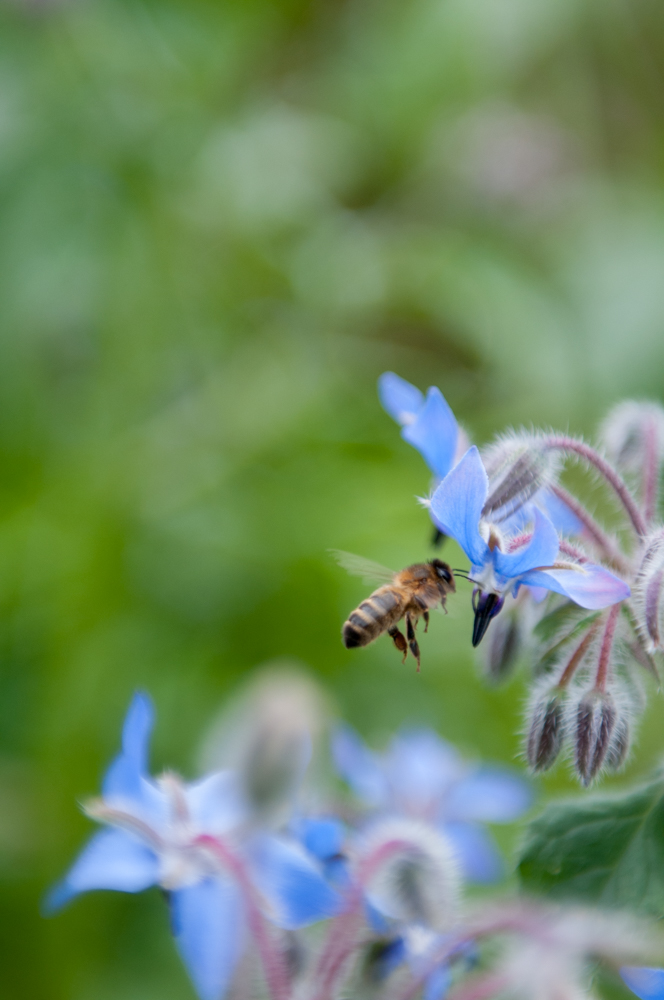
Over the last couple of months, I had forgotten how grounding growing food is. On a sunny day or sometimes even better on a wet and windy day walking through the crops, or sampling the fresh harvest, leaves you feelingconnected to the land and alive. It is easy to forget all of this.
These days it’s very difficult to know how the food we eat is actually produced. How could we be expected to know? Life is so busy, and supermarkets give us a shiny happy reality that is often disconnected from the real food production processeshidden behind the scenes.
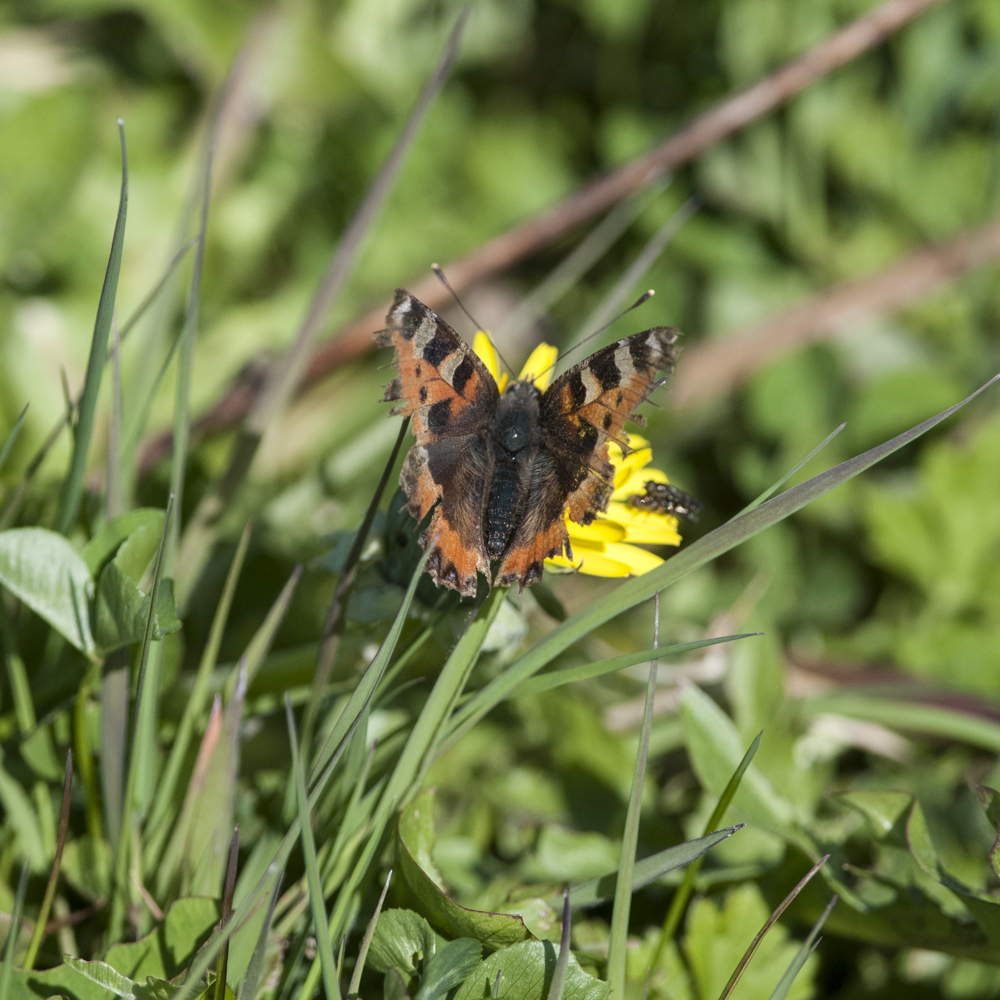
The end of the growing season is a mad rush it always is and just when you think you are finished you discover you are not. We have finished planting, but the weeds have marched on relentlessly. This warm humid weather is ideal for cropgrowth but also for weed growth.
This year our work apart from one or two mishaps has kept pace with the weeds. But our approach to weed control is notone of total dominance, quite frequently once you get the crops to a certain size the weeds are no longer a problem.
In fact, they can provide a basis for a wide variety of life: flowering weeds that bees come to, the lush green undergrowth, a haven for a myriad of tiny creatures that would not be there otherwise.
Thus, in turn providing food for the birds, and at times, the necessary predators such as ladybirds and hoverflies that feed on aphids. A natural ecosystem living below the giant shading leaves of the broccoli plants or cabbages develop. Each plant brings something different to the fray and generally none are unwelcome.
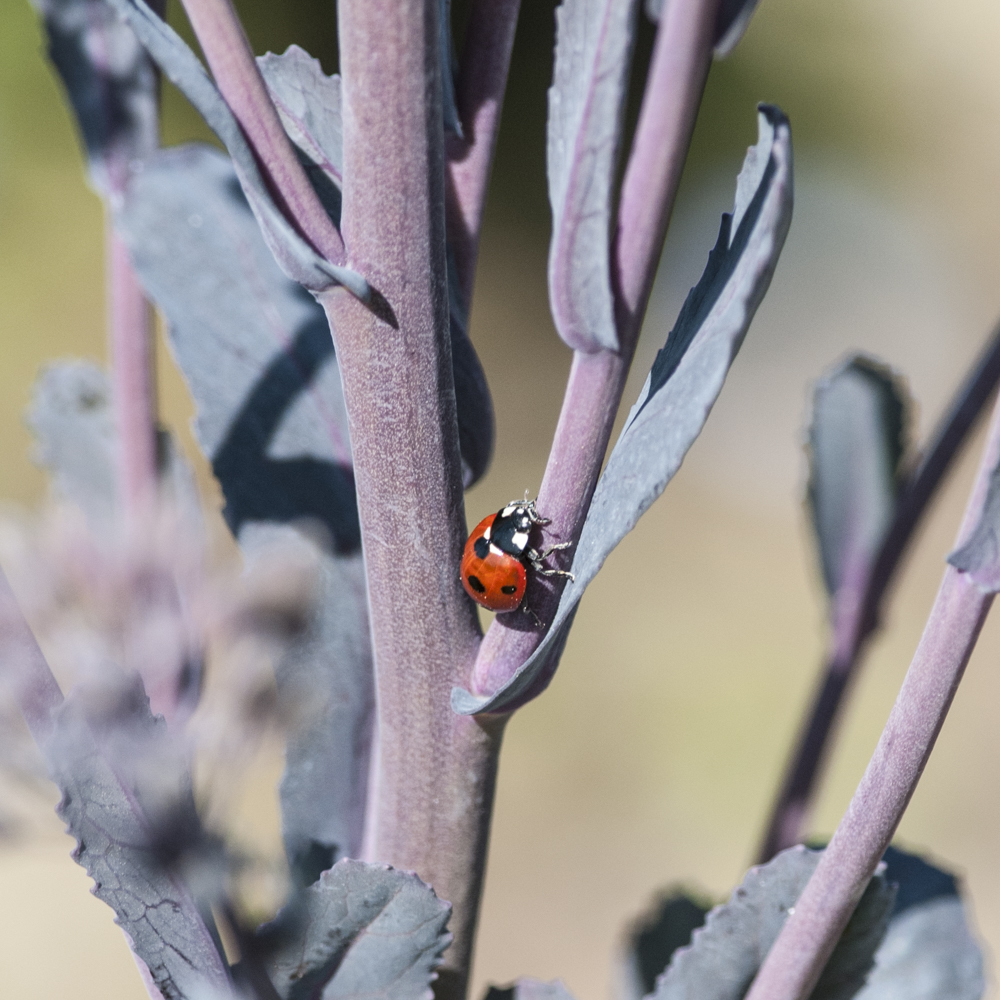
Now please do not misunderstand me, if we did not take a pragmatic approach to weed control and utilise all the tools at our disposal there would be no crops, no food, and no farm. We have worked extremely hard to ensure the crops are healthy and weed control is part of the process. No, our approach is just different, less harsh and embraces the idea that yes, we can work with these other plants, and they too have a place on our farm.
Conversely conventional farming relies on the iron fist of chemicals to control weeds, there is no room for negotiation here, the chemicals are designed to disrupt metabolic pathways in plants, they are generally systemic in nature (get absorbed into the plant and reside there after application, all the way up the food chain onto our plates), the weeds are removed, and the residues of the chemicals remain in and on the food. Just look at the side of any road sprayed with roundup, it is ugly and yellow and dead.
Using chemicals to fight nature will never work. In the short term it may give a temporary reprieve from a certain disease or pest, but that pest will come back stronger and more resistant next time. It is in a way a self-perpetuating industry.It is not the way and IT IS CERTAINLY NOT OUR WAY.
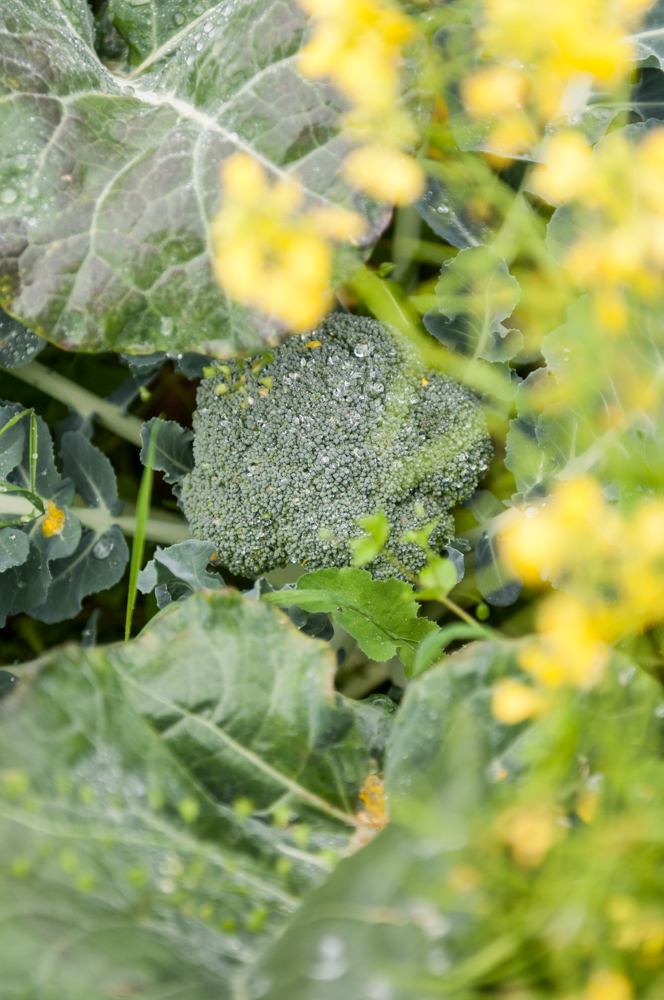
Organic agriculture is much more than saying no to the use of chemicals, it represents a holistic approach to working with nature, to our land and to our food. It means no chemicals, but it also means no artificial fertiliser, it means tree planting, it means hedge planting, it means allowing nature its place to thrive while also producing food. It means taking care of the soil and it means producing food that tastes fresh and good and crucially is good for us and for the environment.
Here’s to fresh organic food!
Kenneth
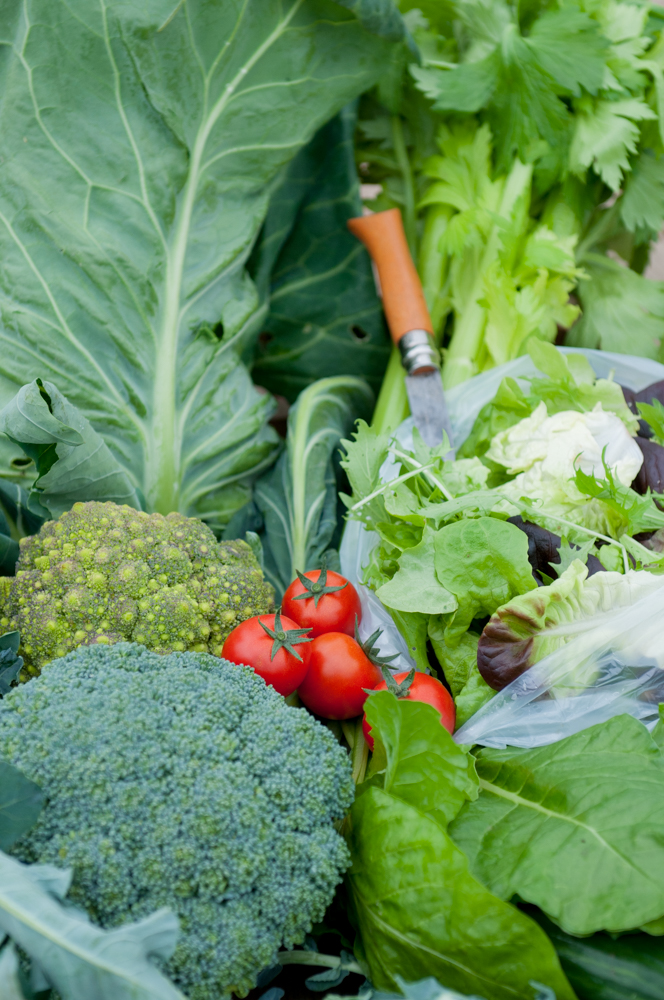
PS: It is a strange time, normality is creeping back into our lives, kids are going back to school as are ours, routines if there are ones will be re-established. It has been a strange year, some things are certainly outside of our control, but we can control what we eat. Keeping good healthy fresh food in our fridge, means we are more likely to use it, and this means we will eat healthier and feel better, as we head into autumnaldays this is one sure positive step we can take.
